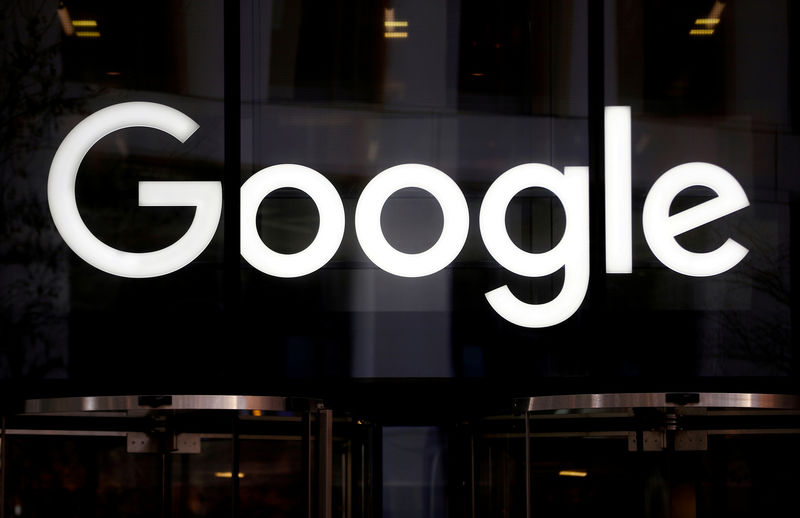PRAGUE (Reuters) - The Czech government approved a 7% digital tax proposal on Monday aimed at boosting state coffers by taxing advertising by global internet giants like Google (NASDAQ:GOOGL) and Facebook (NASDAQ:FB), the Finance Ministry said.
The proposed tax, which still must make it past lawmakers in parliament, covers revenue gained from targeted advertising, providing digital market places, and user data sales.
It will be aimed at services provided to Czech users.
It would apply to companies with global revenue over 750 million euros ($826.50 million) annually, 100 million crown ($4.32 million) turnover in the Czech market and a reach exceeding 200,000 user accounts.
The Finance Ministry said it estimated the tax, which it said would be temporary until a global deal could be reached, will raise 2.1 billion crowns next year if it takes effect for June, and about 5 billion annually in following years.
The Czech Republic has followed some other countries in Europe with the digital tax after the European Union (EU) failed to reach a bloc-wide agreement last year.
The ministry said the Czech proposal was based on the earlier ideas for pan-European legislation.

Similar moves by countries like France or Italy have upset the United States, home to the biggest internet players.